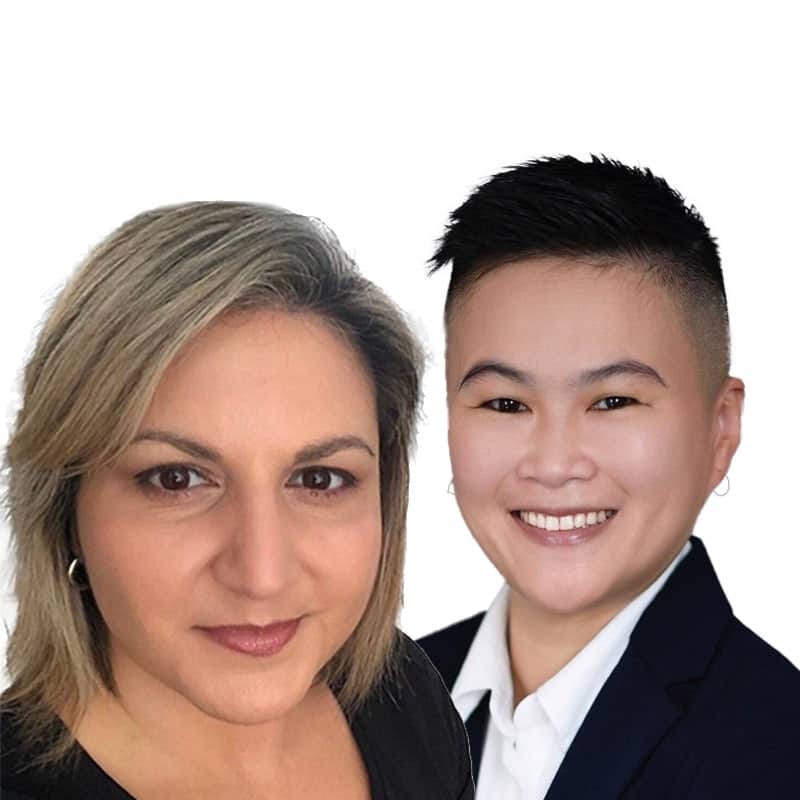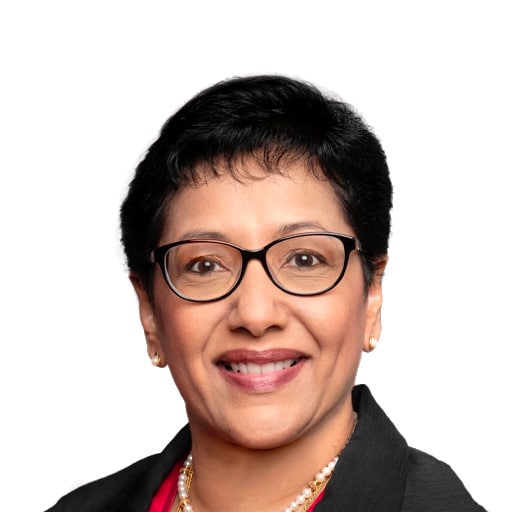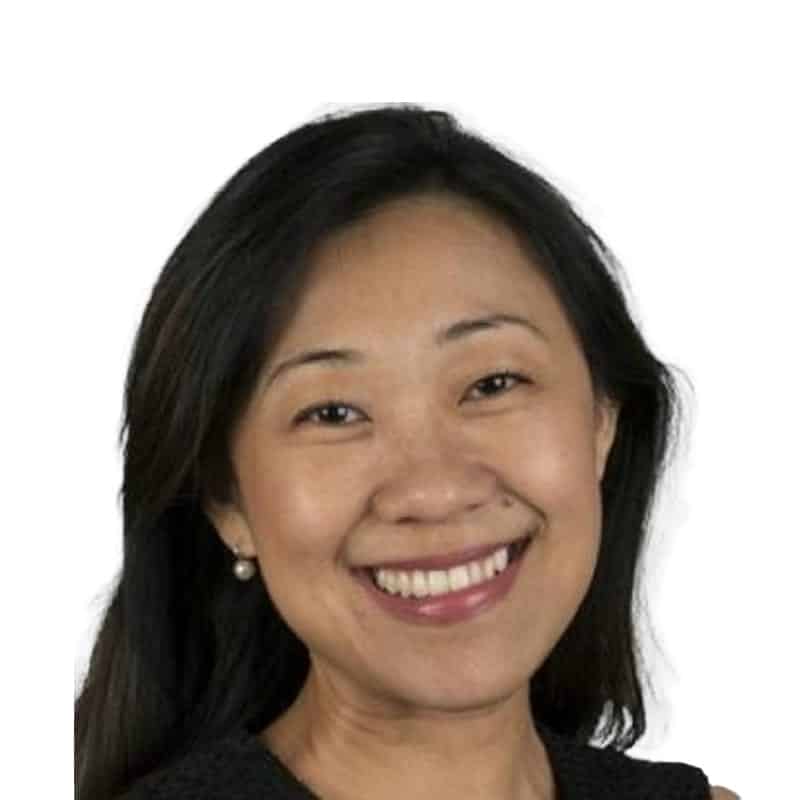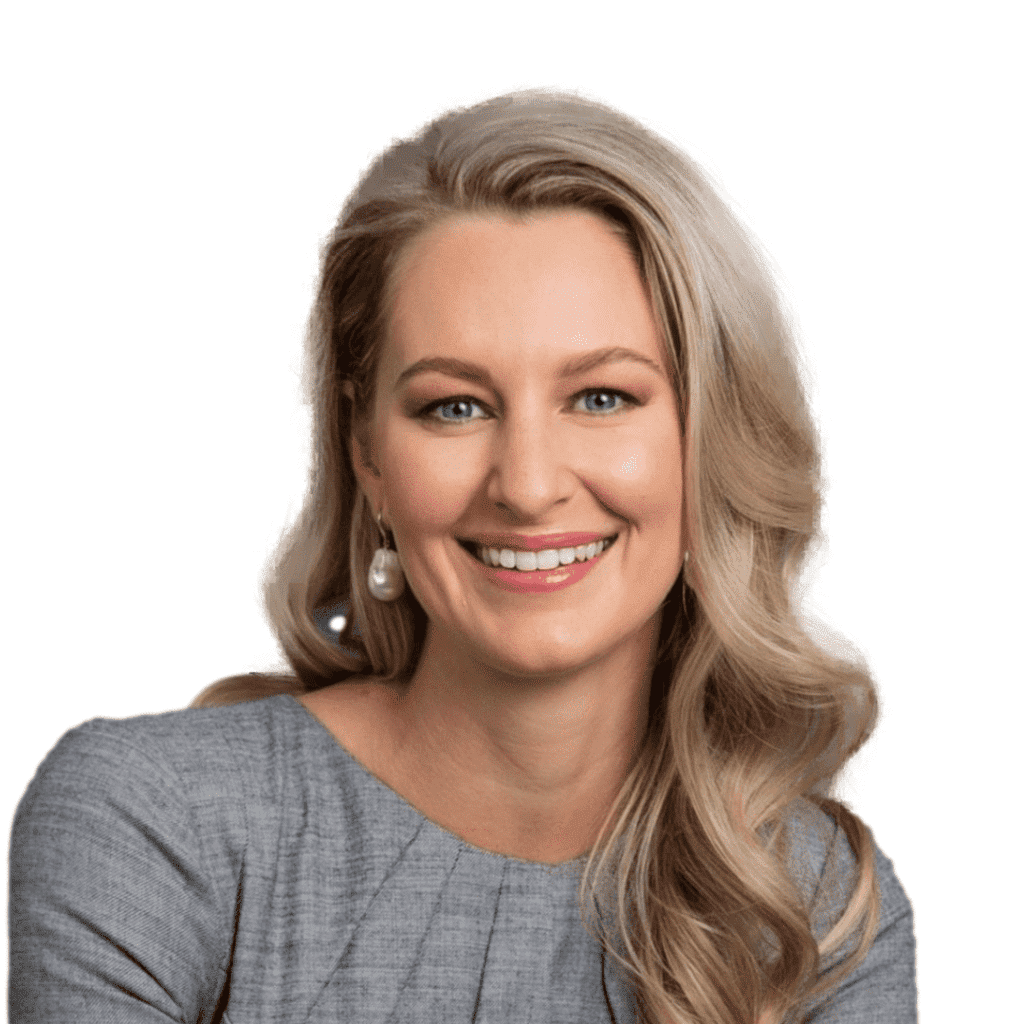Heidi Mejia, Client Executive, Tesserent
Heidi was working as a chef at several hospitality venues when Covid hit when work dried up overnight as the pandemic closed restaurants across Melbourne. Heidi had been thinking of working in cybersecurity for a long time and during lockdown, in her late 30s, began to contemplate what she really wanted to do with her life.

Heidi Mejia, Tesserent
“Cybersecurity seemed like an industry that could enable me to make a crucial life pivot. I spotted a vacancy at a cybersecurity company that I knew about as I had been using their product for a long time. I took a chance, submitted my application and, after four rounds of interviews, I was asked why I was interested as I had no qualifications or background experience in IT or cybersecurity at all.
“The director who interviewed me could feel my passion and determination to learn and remarked it was better to hire someone who is hungry and willing to learn than to hire someone with experience, who was less motivated to learn. So, I got my first important break in the industry. I’m incredibly grateful and have never looked back,” she enthuses.
Heidi commenced her cybersecurity and technology career with Bitdefender in 2021 and joined Tesserent during 2023. “Covid really galvanised my interest in cybersecurity, watching on the sidelines as attacks escalated. I was motivated to join the battle to help keep our nation safe and protect people and organisations. There are more sophisticated methods deployed by cyber criminals than ever before that exploit vulnerabilities to access personal and financial information. I’m working with an amazing team and am learning so much from the coal face every day,” she says.
Heidi encourages more women to consider a career in cybersecurity, whether starting out in the workforce for the first time or making a career transition from another discipline. “My advice is to give it a go! Send that resume or reach out on LinkedIn. You have nothing to lose by trying. Don’t let your lack of experience or coming from another industry ever prevent you from trying.
“Australia has a massive shortage of cybersecurity talent and many organisations are willing to hire and train people that come from other backgrounds and disciplines. Start from scratch and be willing to learn and build experience. But make sure you leave your ego at the door. Anyone who is determined can do it,” she stresses.
Louise Hanna, Partner Advisory ANZ, Tesserent
Louise Hanna is the Partner Advisory for Australia and New Zealand at a leading cybersecurity company, Tesserent, part of the Thales group. She commenced her career in IT in the early 1990s undertaking a Master of Science Degree that included computing subjects and began working as a network architect.

Louise Hanna, Tesserent
“To be noticed and recognised in such a male dominated environment, I always had to work harder, go the extra mile, do the extra hours just to get the same acknowledgement as my male colleagues,” she explains.
Louise has been working in cybersecurity for 25 years now, and at 56 years of age, says things are improving and getting better for women in the industry but there is still further to go. Louise highlights her dismay at the lack of senior female cybersecurity talent delivering keynotes at conferences.
For many years Louise personally struggled with feeling like an imposter. “Even after more than 15 years in cybersecurity and working hard to hone my skills, this lingering feeling persisted that I wasn’t an expert. This changed when I joined Tesserent almost four years ago. It was my first consulting role, and I was terrified on day one that I didn’t know what I was doing. But I gave it a go and within six months I was promoted from Senior Consultant to Principal Consultant, then six months after that to Managing Consultant.
“I am now heading up the Advisory practice for Tesserent Australia and New Zealand and managing a large team of consultants, 87% of the team are male consultants and the rest are highly skilled female Consultants. The doubt vanished as I was recognised for my skills and abilities, and I finally felt full recognition for my knowledge and expertise,” she says.
Managing a large team of men has been insightful for Louise, witnessing firsthand how much more confident and bolshy they are at asking for what they think they deserve.
“The males in my team are always putting forward a case for why they should be paid more. As women it is clear to me now how we can self-limit when we don’t back ourselves and make our case too.” Louise’s advice for women considering a career in cybersecurity as a mature age career pivot or for young girls considering their future pathways, is that “The cyber world has diverse job offerings in both technical and people focused areas. Cyber security impacts everyone, so it’s crucial for us to have women involved, bringing in their experiences and fresh perspectives to tackle these challenges effectively,” she says.
Louise adds, “Don’t let your fear or doubt get in the way. Organisations have an appetite and strong focus to have more women in cybersecurity to increase the diversity of thought, perspective, approaches and balance of team dynamics. It is not about jobs for gender equality, it is about women working hard and earning their place based on results and merit. The industry is changing rapidly and the best way to learn and stay current is on the job skills and experience. Don’t be frightened to give it a go,” she enthused.





